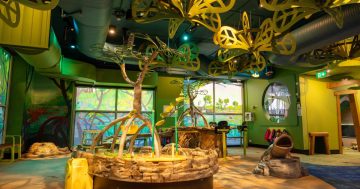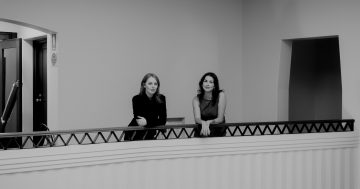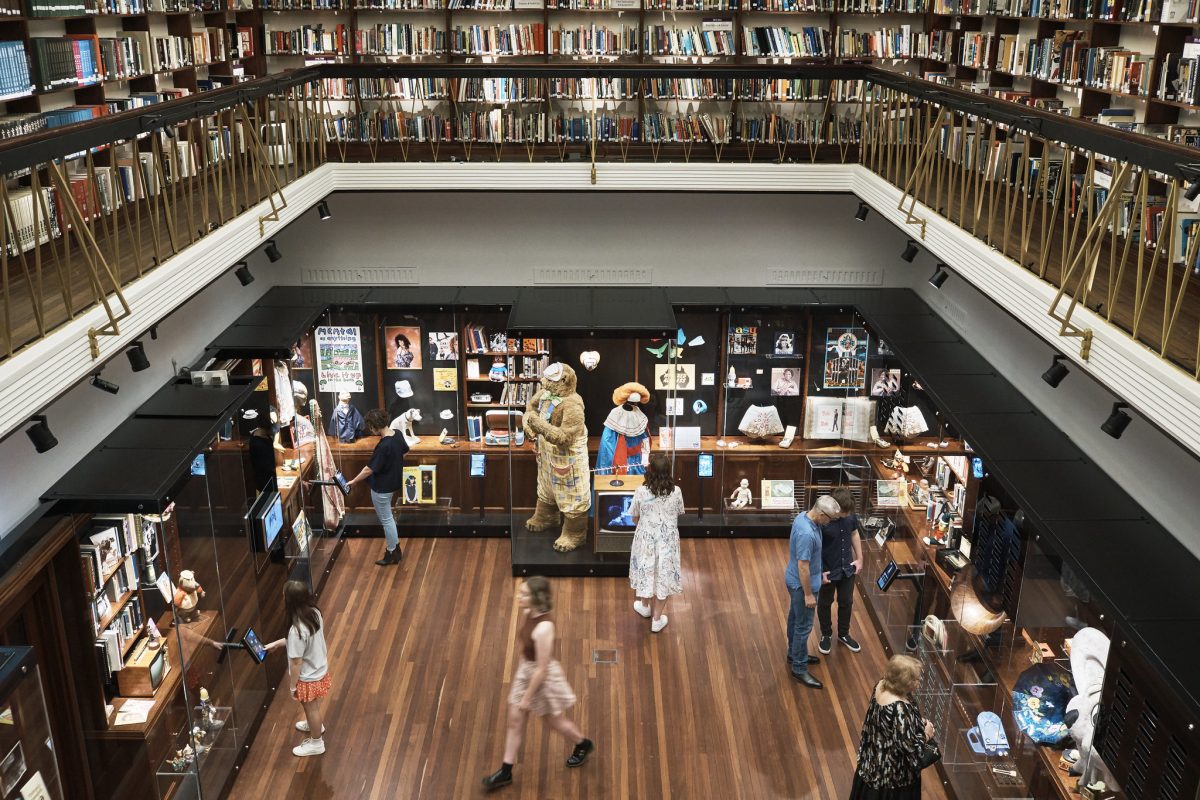
Every corner of the NFSA is geared towards “discoverability”. Photo: The Library.
If you ever found yourself in New York for a day, what would you do? Between the visit to MOMA and catching a Broadway show, you might look for one of those great hole-in-the-wall wine bars, indie cinemas or tiny art spaces that, according to Chris Mercer, underpin the cultural fabric of every great city.
This illustrates quite well the role of the establishment where he is chief experience officer – the National Film and Sound Archive (NFSA) in Acton.
“Our friends and colleagues at the National Museum of Australia and the National Gallery of Australia do an incredible job of bringing the big, blockbuster exhibitions to the nation’s capital. That’s not our space,” he says.
“Our value in Canberra’s cultural ecosystem is a little more ‘fine grain’ – a place for people to walk and talk more, to muse, linger and gather.”
It’s an exciting time for the NFSA which, along with Australia’s other eight national arts and cultural institutions, will benefit from $535 million in funding over the next four years, as foreshadowed in the Government’s new National Cultural Policy Revive: A place for every story, a story for every place.
But what exactly is the NFSA?
The subheading is that it’s an audio visual archive tasked with collecting, preserving and sharing Australia’s audio visual culture. But Chris suspects a relatively small percentage of Canberrans and visitors are aware of the breadth of experiences that lie within.
With the funding boost comes the ability to change that, starting with critical remedial and infrastructural works at the NFSA’s heritage building.
Built in 1930 to house the Institute of Anatomy, it’s an object of fascination in itself, from the eye-catching platypus skylight in the foyer to the Art Deco cinema.
The NFSA is also committed to making its vast and impressive collection more “discoverable”. This includes The Library, a new space for 2024, featuring more than 280 pop culture curiosities, including a giant Blinky Bill head.
“We want to gently restore this beautiful building and reactivate some of the under-utilised spaces in a way that tells the story of the building itself and our collection,” Chris says.
“There’s so much for people to explore, from the nostalgic and whimsical, which we have in spades, to significant historical and cultural moments captured in audio visual content.”
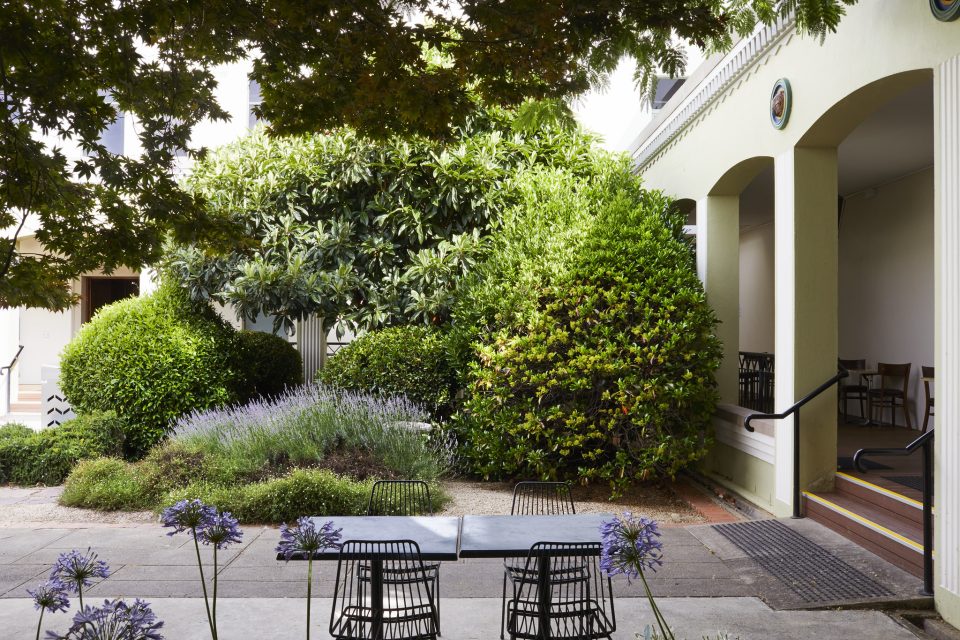
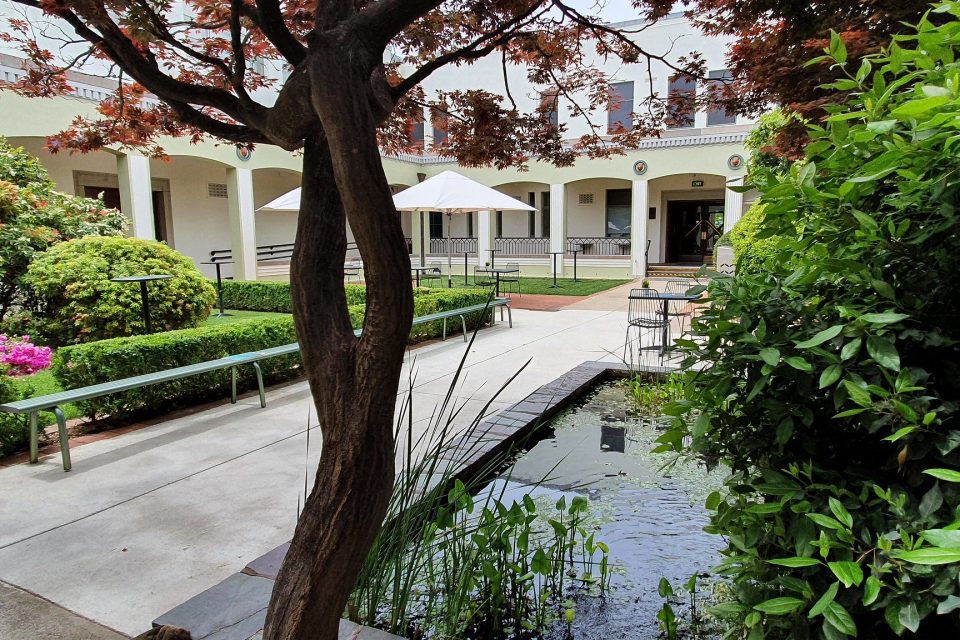
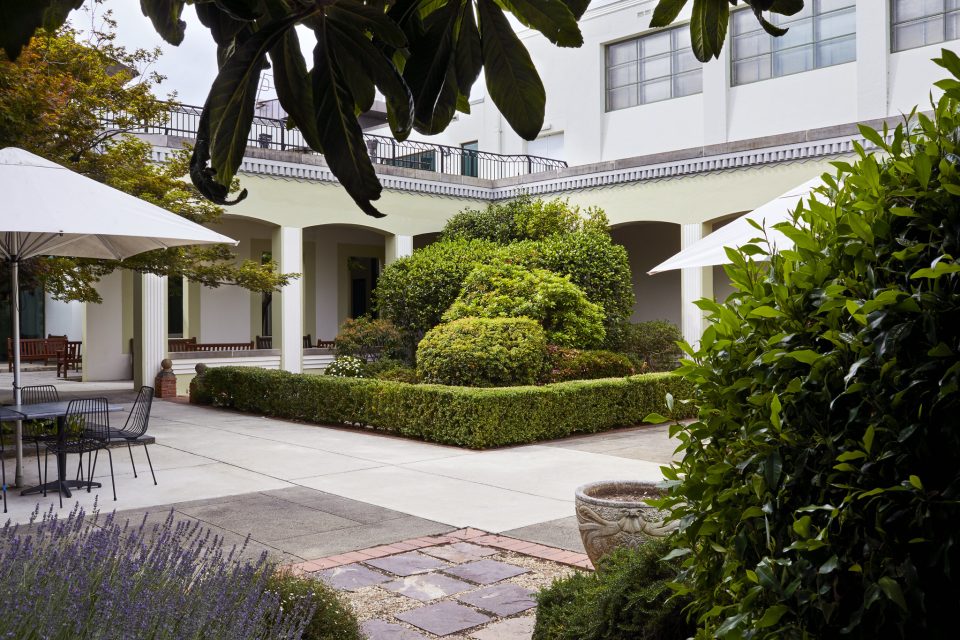
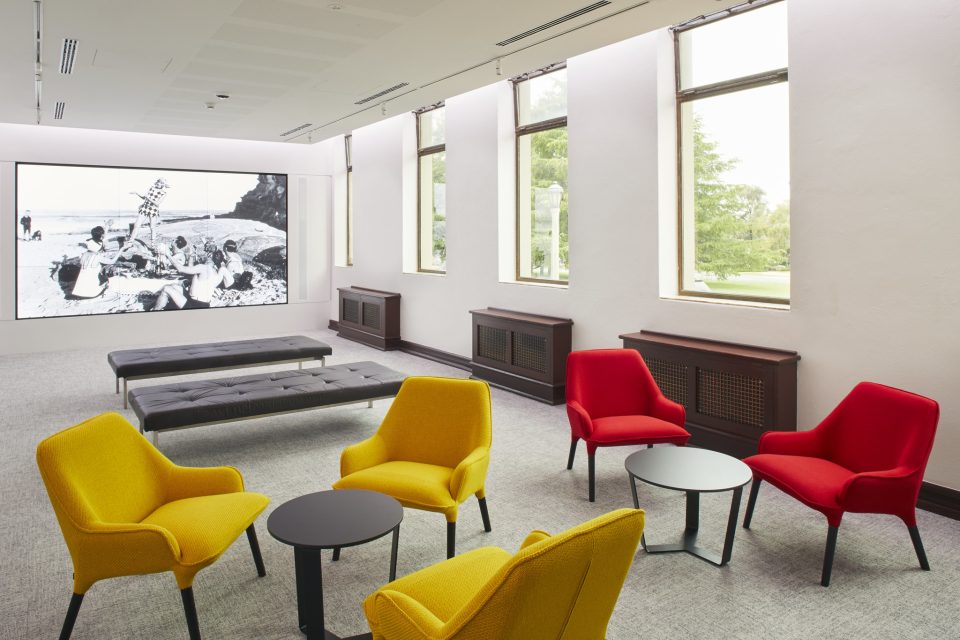
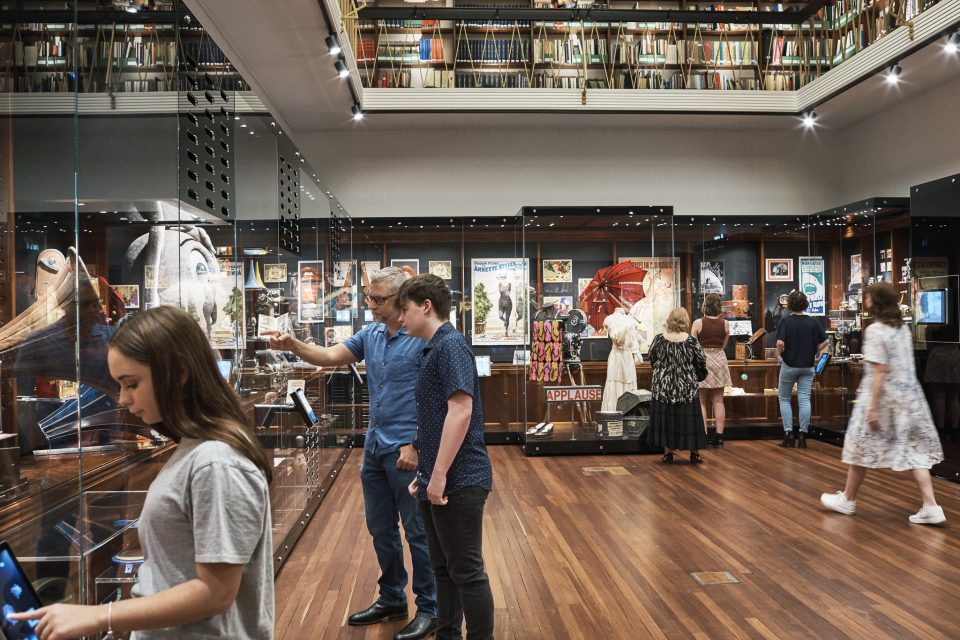
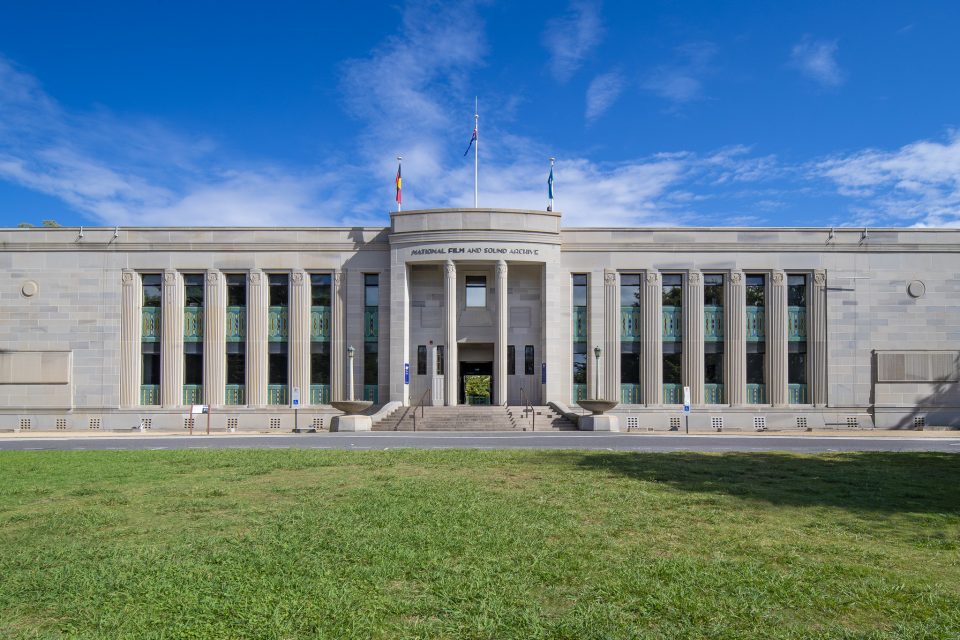
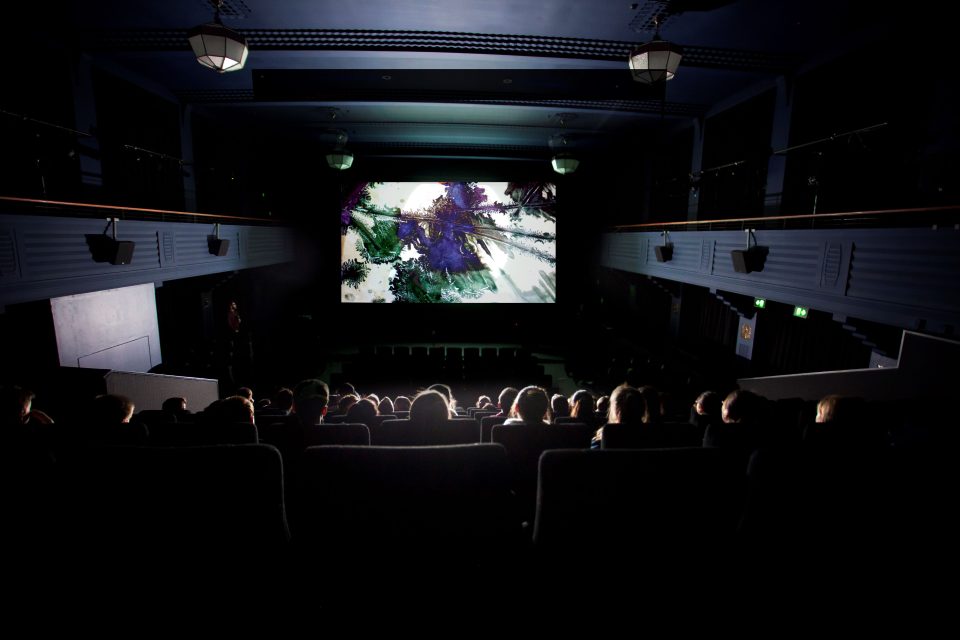
At the same time, visitors can catch a film at Arc Cinema, step into immersive audio-visual experiences in the gallery, or drop by to enjoy a locally roasted coffee or Canberra district wine in a courtyard that most would be surprised to stumble upon.
This forms part of a deliberate strategy to ensure visitors can stop by unannounced and still count on enjoying a range of experiences, with a rich and dynamic seasonal program of film screenings, music events and thought-provoking discussions.
Some spaces change even depending on the time of day.
“Like our Mediatheque,” Chris says, highlighting the NFSA’s recently opened media room.
“During the day you come into this relaxed lounge room environment where you can hang out with your coffee and watch clips of life in Australia in the 1960s, or vintage Australian children’s TV, then at 5 pm it kicks into night mode and switches to rock music videos.”
The NFSA’s priority in Acton is to create a local creative and cultural hub. As Chris says, all great places, including cultural institutions, sit at the intersection of the built environment, community, audiences and programming.
“Those elements need to be considered holistically,” he says.
“Whatever programming comes into the space celebrates and complements the building at the same time.
“Our cultural institutions can create spaces where everyone can feel safe, and be seen and heard. Storytelling is such a powerful tool to help us see where we’ve come from, understand each other today and imagine the future we want to arrive in.
“We’re acutely aware that we’re in an extraordinary moment in time for the NFSA. We’re just at the beginning of this journey; it’s a huge opportunity and a massive responsibility. This building has stood for 90 years and whatever we do now will help ensure it stands another 90 – and more.”
For more information visit the National Film and Sound Archive.
Original Article published by Dione David on Riotact.
Region Media Partner Content






